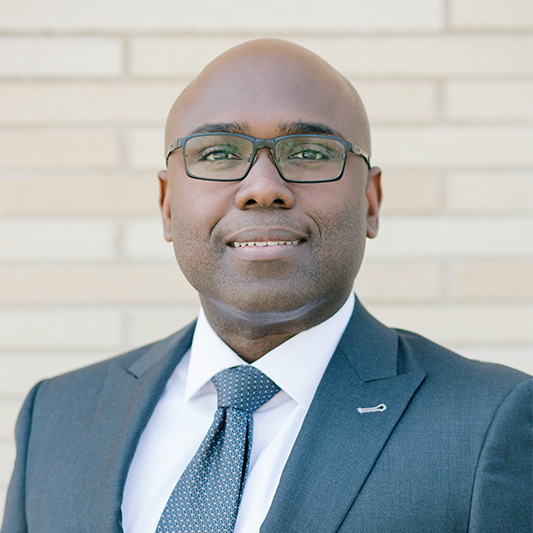
Dandin recognized for novel approach to single-cell cancer research
By Ryan Noone
Media InquiriesECE Assistant Professor Marc Dandin has received Oracle’s inaugural Research Project Award for his innovative approach to single-cell cancer research.
As researchers develop innovative technologies to better understand complex problems, the amount of data produced can become challenging to maintain.
In Carnegie Mellon’s electrical and computer engineering department, assistant professor Marc Dandin has developed electronic chips for cell and bacteria research. Now, as his group prepares to use this new tool to study cancer cells, finding a way to store and manage big data is imperative.
To make this possible, computer technology corporation, Oracle, has awarded Dandin its newly established Research Project Award, providing his group with $30,000 of cloud services and access to Oracle’s platform, including machine learning tools, hardware to help run algorithms, consulting, and more.
“Our project inherently has a big data component,” says Dandin. “So being able to use Oracle’s services to index, catalog, and develop custom algorithms to make sense of the data we’re measuring is invaluable.”
To study how cancer cells move about and react, Dandin and his group seed these cells on a circuit chip in an incubator that simulates the environment inside the human body. Electrode sensors then track cells as they flatten, spread, and divide.
Using these miniaturized electronic sensors and minimal laboratory infrastructure, Dandin’s group aims to provide extensive data sets that will help reveal cell viability when subjected to one or more treatments, such as chemotherapy or tumor treating electric fields.
“Once we’ve collected the time series data, we’ll look to make sense of it algorithmically, identifying features and patterns that we hope will lead to a deeper understanding of how these cells function and respond.”
Dandin says the new model’s ability to analyze single cancer cells will give researchers insight into how particular treatments will fare from patient to patient and provide critical data pertaining to how a drug works on different cells within the same tumor.
Before receiving the award, Dandin’s lab had been limited to running tests with just a few electrodes at a time. However, using Oracle’s platform, he envisions being able to run hundreds of experiments simultaneously, generating millions of data points and images.
“Our research addresses a significant unmet need in this space. With this new technology platform, we can conduct many single-cell tests with minimum laboratory overhead.”
Beyond the research itself, Dandin says the project has enabled his students to acquire a myriad of different skills. From developing the “wet” circuits and software to analyze data to culturing cells and interpreting the results, this multidisciplinary approach provides a well-rounded research experience both in the lab and classroom.
